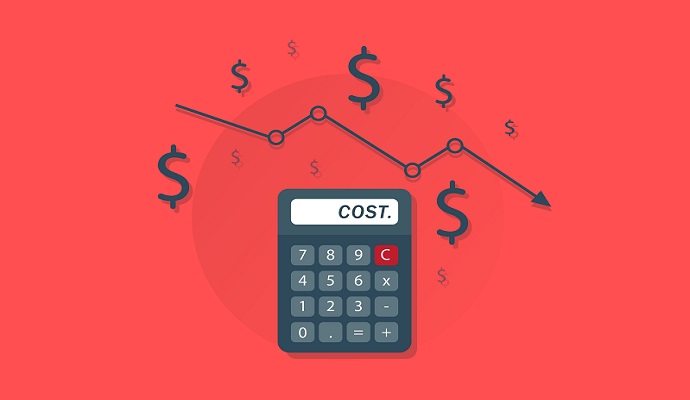25% of Total Healthcare Spending Attributed to Waste, Study Finds
Humana and University of Pittsburgh School of Medicine researchers estimate that $760 to $935 billion of healthcare spending is wasteful, indicating a need for value-based care.

Source: Getty Images
- Despite initiatives to reduce spending and promote value over volume, a new study showed that the US healthcare system still wasted between $760 billion to $935 billion, representing approximately one-quarter of total healthcare spending.
Published in JAMA, the study examined literature from January 2012 to May 2019 that focused on the six waste domains previously identified by the Institute of Medicine and other researchers: failure of care delivery, failure of care coordination, overtreatment or low-value care, pricing failure, fraud and abuse, and administrative complexity.
Researchers from Humana and the University of Pittsburgh School of Medicine estimated wasteful healthcare spending for each of the six domains:
- Failure of care delivery: $102.4 billion to $165.7 billion
- Failure of care coordination: $27.2 billion to $78.2 billion
- Overtreatment or low-value care: $75.7 billion to $101.2 billion
- Pricing failure: $230.7 billion to $240.5 billion
- Fraud and abuse: $58.5 billion to $83.9 billion
- Administrative complexity: $265.6 billion
“This study highlights the opportunity to reduce waste in our current health care system,” William Shrank, MD, lead author and Humana’s chief medical and corporate affairs officer, stated in a press release. “By focusing on these opportunities, we could make health care substantially more affordable in this country.”
Healthcare spending is on an unsustainable trajectory, CMS actuaries found earlier this year. They estimated that national healthcare spending will increase 5.5 percent annually from 2018 to 2027, accounting for over 19 percent of gross domestic product (GDP) by the end of the period.
But Shrank and colleagues found that healthcare could be about 25 percent more affordable if the system reduced waste. Potential savings from interventions that reduce waste across the six domains ranged from $191 billion to $282 billion, they reported.
Value-based care and reimbursement models represent a major opportunity to reduce the greatest source of waste at over a quarter trillion dollars annually: administrative complexity.
The study found that administrative complexity was associated with the largest contribution to waste, yet no generalizable studies from the literature review targeted the domain as a source of waste reduction.
However, researchers deduced that fragmentation in the healthcare system contributes significantly to administrative complexity and wasteful healthcare spending. And value-based care models can help resolve a lack of coordination across the system.
“In value-based models, in particular those in which clinicians take on financial risk for the total cost of care of the populations they serve, many of the administrative tools used by payers to reduce waste (such as prior authorization) can be discontinued or delegated to the clinicians, reducing complexity for clinicians and aligning incentives for them to reduce waste and improve value in their clinical decision-making,” they wrote in the study.
Transitioning the industry to value-based care models that include financial risk will be especially beneficial for all stakeholders, including payers, hospitals, and physician practices, researchers added. The adoption of global prepayment mechanisms for patients and populations, for example, should accelerate reductions in administrative complexity, they argued.
The use of value-based care models has worked for Humana. The payer reported last year that its value-based care and reimbursement arrangements decreased costs by 15.6 percent in 2017, while improving care quality.
“Some experts have noted that the move to value-based care arrangements has produced less savings than had been anticipated and that care transformation has been slower than they had hoped for. However, in the setting of broader adoption of value-based care, there is growing evidence to suggest that some interventions are improving care and reducing downstream costs,” Humana and University of Pittsburgh School of Medicine researchers stated in the study.
While value-based care and other interventions cannot realistically eliminate all waste, evidence suggests that value-based care “can be coordinated and scaled to produce better care at lower cost for all US residents,” they explained.
To reduce wasteful healthcare spending, researchers also advised industry leaders to target pharmaceutical pricing (especially for high-cost specialty drugs), implement hospital price transparency and market competition policies, and improve payer-provider collaboration to reform care coordination, safety, and value, as well as reduce fraud and abuse.
